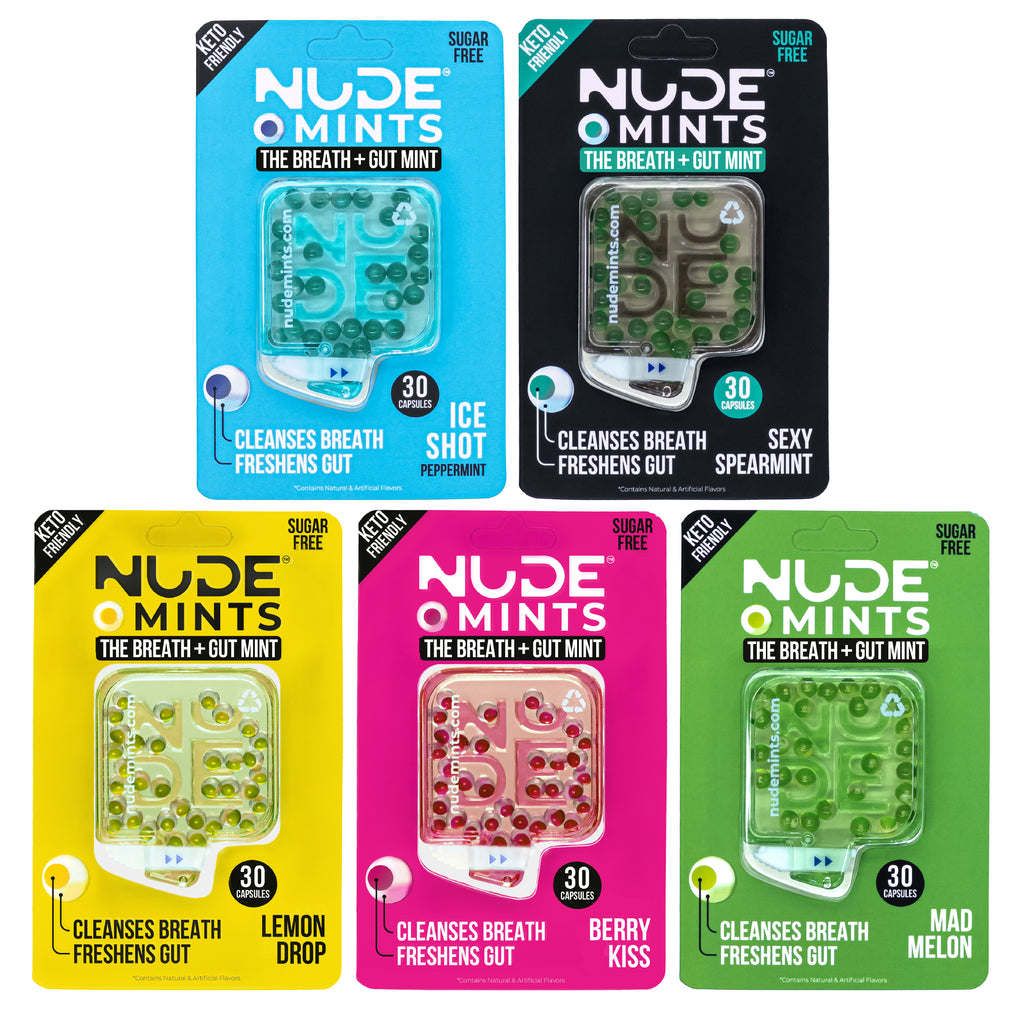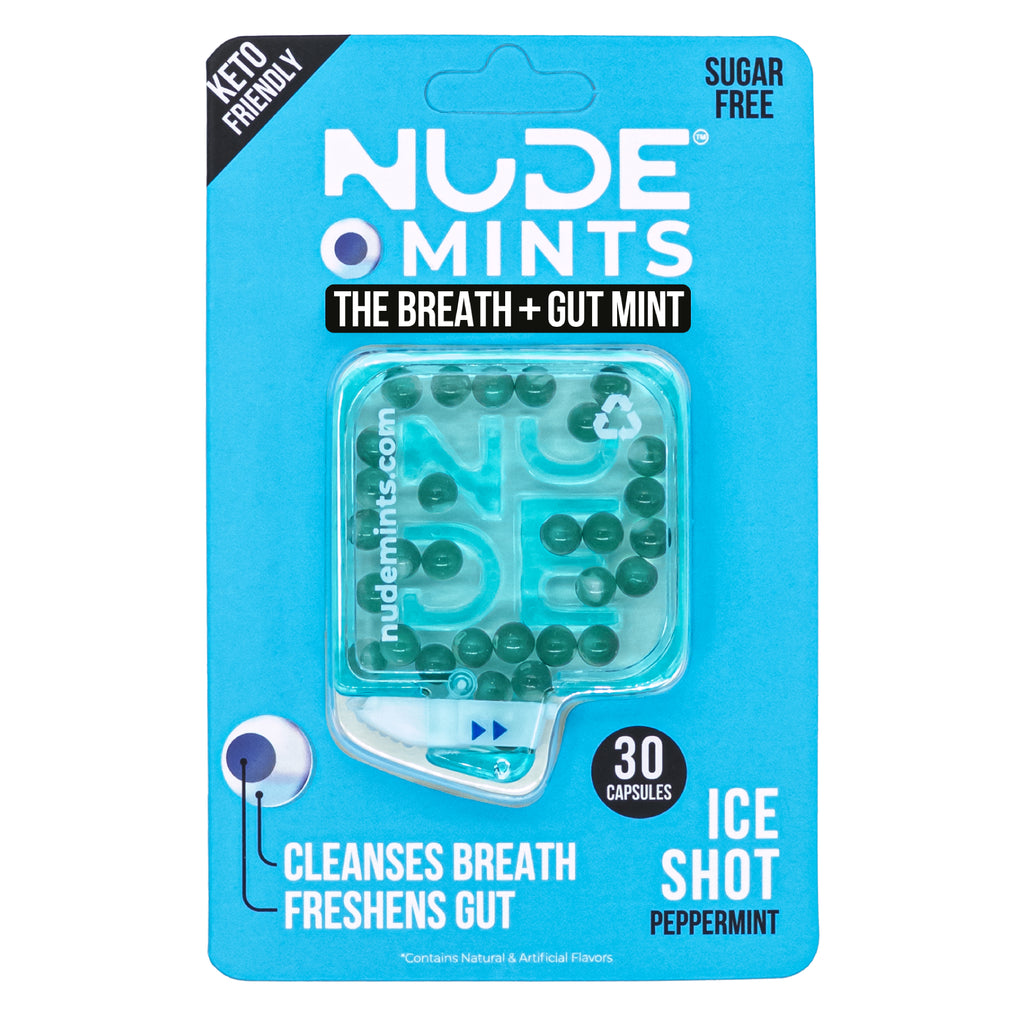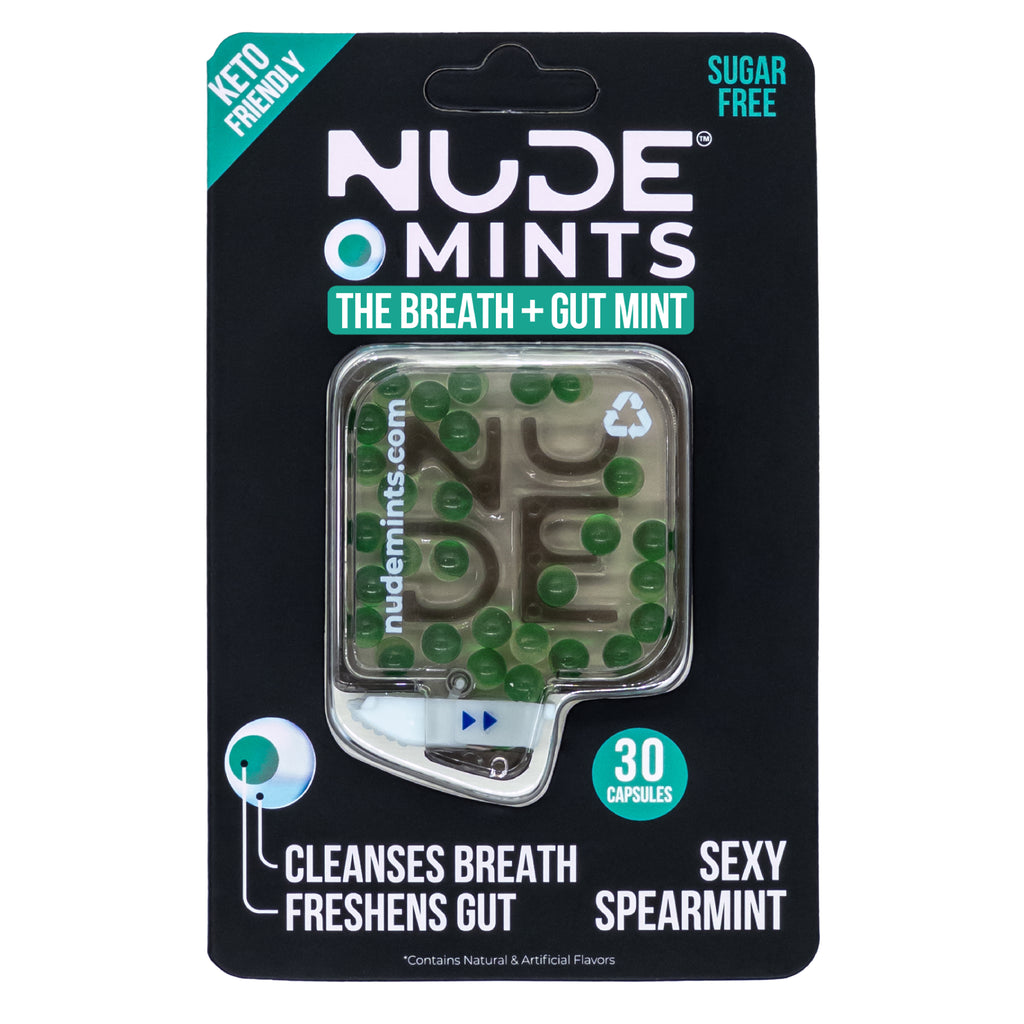What House Treatments May Also Help Relieve Bad Breath?
-
Bad breath is a typical concern, and there are various completely different causes. Potential treatments including water, inexperienced tea, and natural rinses. Persistent bad breath, or halitosis, is normally attributable to bacteria within the mouth. These bacteria produce gases that may trigger an odor. The odor happens when the bacteria break down sugars and starches within the meals individuals eat.
Typically, halitosis could sign one thing extra critical, comparable to gum illness or tooth decay. It will be important that folks go for normal dental checkups so {that a} dentist can deal with these points early. Halitosis might additionally sign an underlying health concern elsewhere within the body. This text outlines eight pure house treatments for bad breath. We additionally present tips about when to see a physician.
Water
Dry mouth is a situation that may cause halitosis in addition to different oral health issues. Dry mouth happens when the salivary glands contained in the mouth don’t produce sufficient saliva to rinse food particles from the mouth. This helps to manage ranges of oral bacteria.
Many various components may cause dry mouth. The most typical trigger is dehydration. Medicines and eating regimen can even affect the moisture within the mouth. There aren’t any strict suggestions for everyday water consumption. Nevertheless, the United States Food and Nutrition Board recommends 2.7 liters (l) per day for females and three.7 l per day for males. These quantities including water from meals and drinks.
Green tea
Green tea is an antioxidant-rich tea constructed from the leaves of the Camellia sinensis plant. Essentially the amplest antioxidant in inexperienced tea is Epigallocatechin-3-gallate (EGCG). Analysis suggests EGCG could have many useful results on health.
Laboratory research investigated the impact of EGCG on human gum tissues. The research confirmed that EGCG triggers cells within the gums to launch an antimicrobial chemical. This chemical targets Porphyromonas gingivalis (P.gingivalis), which is a kind of bacteria that contributes to gum illness and halitosis.
One other kind of bacteria that contributes to halitosis is Solobacterium moorei (S. moorei). A laboratory research investigated the impact of inexperienced tea extract and EGCG on S. moorei cultures. Each inexperienced tea extract and EGCG lowered the expansion of S. moorei cultures, though inexperienced tea extract confirmed the best results. This means that different chemical substances inside inexperienced tea can also have antibacterial properties.
Each remedies additionally lowered the power of S. moorei to supply chemical substances that trigger halitosis. Additional analysis is critical to find out whether or not the outcomes of those laboratory-based mostly research apply to the human oral setting.
Natural rinses
Dental plaque and gum irritation, or gingivitis, are frequent causes of halitosis. A research investigated the consequences of a natural mouth rinse on plaque, gingivitis, and ranges of oral bacteria. The rinse contained tea tree oil, cloves, and basil, every having antimicrobial and anti-inflammatory properties.
Researchers divided the 40 contributors into two teams. Over 21 days, one group used a business mouth rinse, whereas the opposite used the natural rinse. Contributors who used both rinses confirmed vital reductions in plaque and gingivitis. Nevertheless, the natural rinse additionally considerably lowered ranges of bacteria within the mouth, whereas the business rinse didn’t. These findings recommend {that a} mouth rinse containing tea tree oil, clove, and basil, could assist to enhance oral health, so decreasing halitosis.
Tea tree oil rinse
Sure bacteria contained in the mouth excrete chemical substances known as risky sulfur compounds (VSCs). These chemical substances rapidly flip into gases which might be answerable for bad breath. A research means that tea tree oil could also be efficient at decreasing ranges of bacteria that produce VSCs.
For this research, the researchers remoted bacterial cultures of P. gingivalis and Porphyromonas endodontalis, within the laboratory. They then handled the cultures with both tea tree oil or chlorhexidine. Chlorhexidine is an ordinary antimicrobial that’s frequent in mouthwash. The results of tea tree oil had been much like these of chlorhexidine. Every lowered the expansion of each bacterial strains and reduce VCS manufacturing.
The outcomes of this laboratory research are promising. Nevertheless, future research might want to check the consequences of tea tree oil within the human oral setting. It’s value noting that tea tree oil produces fewer unintended effects than chlorhexidine. Some individuals could desire to strive tea tree oil as a pure various.
To make a tea tree oil rinse, dilute a drop of tea tree oil in just a few drops of vegetable oil and put this right into a cup of heat water. Swish the answer within the mouth for 30 seconds, after which spit out till you may have used the whole cup of water. Keep away from swallowing tea tree oil as it may be poisonous if an individual ingests it.
Cinnamon oil
Laboratory research investigated the consequences of cinnamon oil on S. moorei bacteria. Cinnamon oil confirmed highly effective antibacterial results towards S. moorei. It additionally lowered ranges of the VCS hydrogen sulfide. The researchers additionally discovered that cinnamon oil didn’t trigger injury to human gum cells.
They concluded that including cinnamon oil to oral hygiene merchandise would possibly assist to manage halitosis. Nevertheless, additional research involving human contributors are essential to help this declare. Folks shouldn’t put cinnamon important oil close to the pores and skin without diluting it in a provider oil first. Cinnamon is accessible as a food-grade oil and important oil. Folks should not swallow any important oils.
Sturdy smelling herbs and spices
Some spices include fragrant important oils. These could assist to masks breath odor after consuming garlic and different pungent meals. To freshen the breath after meals, individuals can strive making a palate-cleansing tea. To make the tea, add a number of of the next spices to scorching water, and permit to steep for a couple of minutes:
- cloves
- cardamom
- cinnamon
- fennel seeds
- star anise
- grated ginger
Folks can even strive including one of many following strong-smelling herbs:
- cilantro
- rosemary
- thyme
- spearmint
- peppermint
- parsley
Many of those herbs and spices additionally include antimicrobial brokers that focus on bacterial causes of bad breath.
Probiotic yogurt
Probiotics are living bacteria which might be useful for health. Consuming meals that coat the mouth in probiotics might assist to scale back ranges of bad bacteria within the mouth. This may occasionally assist enhance breath.
All yogurt incorporates probiotics since these bacteria are needed for turning milk into yogurt. Nevertheless, probiotic yogurt has larger ranges of those useful bacteria. Research in contrast to the consequences of probiotic yogurt and xylitol chewing gum on the number of Streptococcus mutans (S. mutans) bacteria in saliva. S. mutans considerably contributes to tooth decay and halitosis.
The research concerned 50 contributors whose saliva confirmed excessive ranges of S. mutans. Researchers divided the contributors into two teams. One group ate 200 grams of probiotic yogurt per day whereas the opposite group chewed two xylitol chewing gums 3 times per day after meals.
Contributors in each teams confirmed a discount in S. mutans from the primary day of the experiment. These reductions had been highest through the second week of therapy. There was no vital distinction between the 2 teams. Consuming probiotic yogurt could, due to this fact, be as efficient in stopping tooth decay and treating halitosis as chewing xylitol gum.
Kefir
Kefir is a fermented milk drink much like probiotic yogurt, however with much more probiotic bacteria. Research investigated the consequences of several types of probiotic therapy on ranges of bacteria within the mouth. The 6-week research concerned 45 contributors.
Researchers divided the contributors into three teams:
- Kefir group: Contributors drank 100 milliliters of kefir twice a day.
- Probiotic toothpaste (PT) group: Contributors used a probiotic toothpaste twice a day.
- Management group: Contributors acquired no therapy.
The kefir group and the PT group confirmed a major lower in S. mutans bacteria and Lactobacillus bacteria when the researchers, in contrast, them with the management group. These outcomes recommend ingesting kefir could assist to scale back ranges of sure dangerous bacteria within the mouth.
When to see a physician
Halitosis generally is a signal of tooth decay, gum illness, a facet impact of a drug, or an issue elsewhere within the body.
Some circumstances that will trigger halitosis including:
- sinus infections
- continual lung infections
- digestive points
- kidney ailments
- liver ailments
- diabetes
Folks ought to see a physician if their breath doesn’t enhance regardless of attempting a few of the potential treatments this text outlines.
Some people could expertise halitosis attributable to an oral health concern. They need to see a dentist if the next signs accompany their halitosis:
- painful, swollen, or bleeding gums
- toothache
- unfastened teeth
- issues with dentures
The above signs may be indicators of gum illness. This situation is reversible if an individual treats it in its early phases. Without therapy, gum illness could result in tooth loss.
To end this…
Dangerous breath is a typical grievance, and there are various completely different causes. Most instances are a result of the presence of too many dangerous bacteria within the mouth. There are numerous pure house treatments individuals can attempt to alleviate bad breath. Most of those treatments have scientific analysis to again them, though some require additional investigation.
Persistent halitosis could typically be an indication of gum illness or tooth decay. Folks ought to see a dentist in the event that they really feel that these circumstances might be inflicting their halitosis. Much less generally, halitosis could point out an extra critical underlying health concern. Individuals who have issues about the reason for their halitosis ought to see a physician.
Grab a Pack of NUDE Mints
Afraid of having bad breath? Pop a NUDE mints in your mouth. Made with novel technology from Japan, it freshens your breath, cleans your gut, and boosts your confidence. Buy a pack of NUDE mints available in Ice Shot, Berry Kiss, Citrus Squeeze, Lemon Drop and Mad Melon.
Get the freshest news on your favorite mouth cleanser and gut freshener!
Read More
-
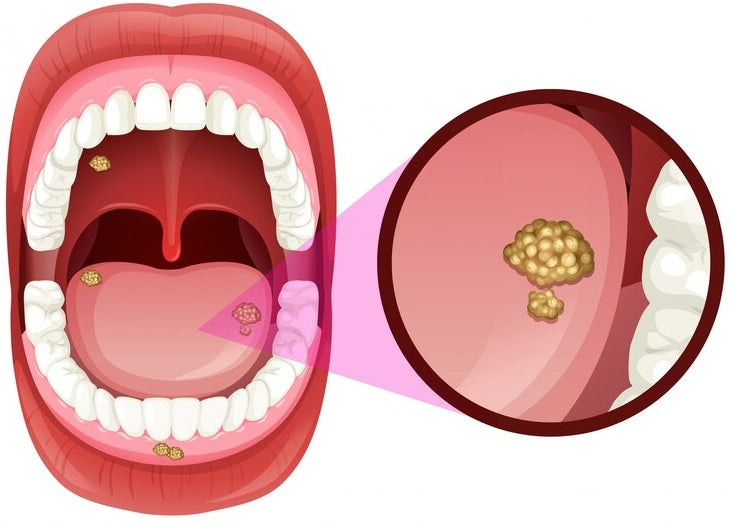
Halitosis: Understanding the Causes, Diagnosis, and Treatment for Fresh Breath
Halitosis, commonly known as bad breath, is a condition that affects a large number of people worldwide. It can be an embarrassing and isolating experience, but it is important to know that it is a common problem and that there are effective treatments available. In this article, we will discuss the causes, diagnosis, and treatment of halitosis. Causes of Halitosis Halitosis can have several causes, both internal and external. The most common causes include poor oral hygiene, dry mouth, certain foods and drinks, smoking, and certain medical conditions. Poor Oral Hygiene Poor oral hygiene is the most common cause of halitosis. When food particles and bacteria build up in the mouth, they can cause an unpleasant odor. Brushing and flossing...
-
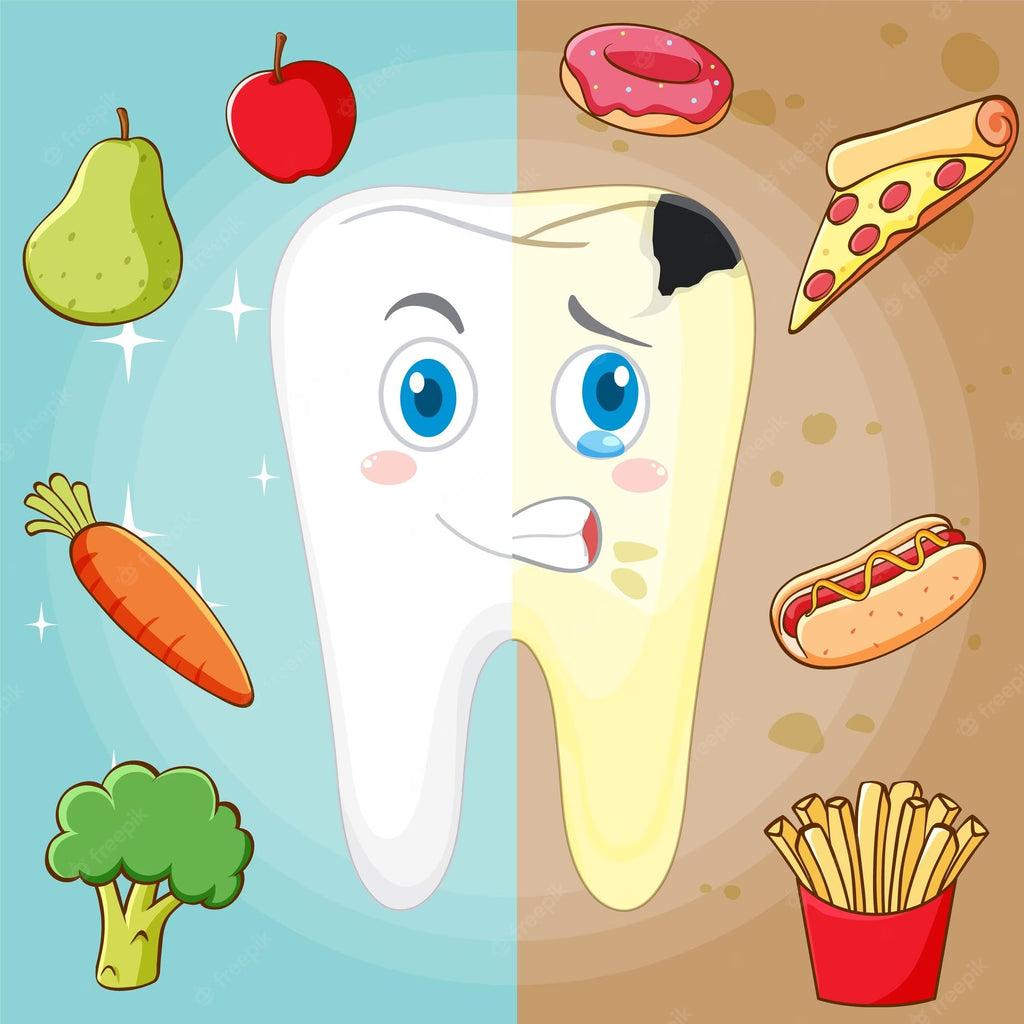
Crucial Connection Between Nutrition and Oral Health: Guide for Better Dental Care
As a dental health professional, we understand the importance of maintaining good oral hygiene to prevent cavities and gum disease. Brushing twice a day and flossing daily are essential habits, but did you know that nutrition also plays a crucial role in keeping your mouth healthy? In this article, we will explore the connection between nutrition and oral health and how you can make better food choices to support your dental health. How Nutrition Affects Oral Health Your diet can impact your oral health in many ways. A diet high in sugary and acidic foods can increase the risk of tooth decay and gum disease. When you eat sugary foods, the bacteria in your mouth feed on the sugar and...
-
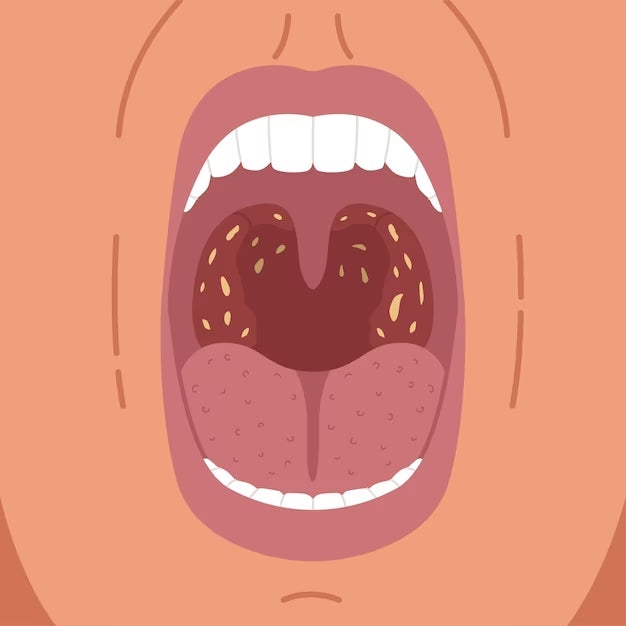
How to Treat Bad Breath Caused by Dry Mouth
Do you ever feel self-conscious about your breath? Do people avoid talking to you because of bad breath? Dry mouth, also known as xerostomia, can cause bad breath and make social interactions uncomfortable. In this article, we will discuss what causes dry mouth, how it leads to bad breath, and what you can do to treat it. Table of Contents What is dry mouth? Causes of dry mouth How dry mouth causes bad breath Signs and symptoms of dry mouth Diagnosis of dry mouth Treating dry mouth Home remedies for dry mouth Professional treatments for dry mouth Tips for maintaining oral hygiene Foods and drinks to avoid with dry mouth Conclusion FAQs What is dry mouth? Dry mouth occurs when...
-
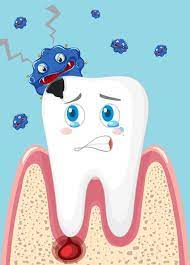
The Relationship Between Diabetes and Gum Disease: Understanding the Link
Diabetes and gum disease are two conditions that may seem unrelated, but research has shown that they are actually closely linked. In fact, individuals with diabetes are more likely to develop gum disease, and those with gum disease are more likely to have difficulty controlling their blood sugar levels. This article will explore the connection between diabetes and gum disease, and provide insights on how you can reduce your risk of developing both. The Relationship Between Diabetes and Gum Disease Diabetes is a condition that affects the body's ability to produce or respond to insulin, a hormone that regulates blood sugar levels. When blood sugar levels are consistently high, it can lead to a range of health complications, including nerve...
